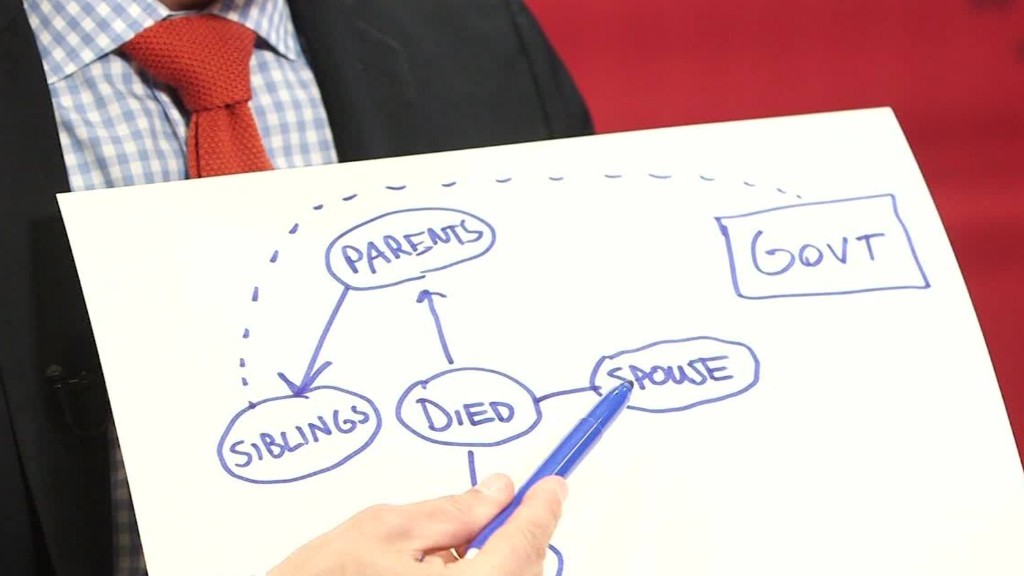
It's hard to believe that Prince -- who was famously meticulous about maintaining control over his name and music -- may have died without a will.
That leaves open the question of who will inherit his millions, his record label and his unreleased songs.
So what happens to someone's estate if they didn't make their wishes known in writing?
Who gets the money?
"[A will] is your voice and lets you decide where things go and who you want to carry these things out," said David DuFault, an estate planning attorney at Sodoma Law in Charlotte, North Carolina.
If you die without one, you cede control to the state where you lived. Its laws will determine who your heirs will be and the state will choose the executor of your estate.
While inheritance laws differ from state to state, they generally favor spouses, registered domestic partners and blood relatives as heirs.
"Unmarried partners, friends, and charities get nothing," according to legal guide publisher NOLO.
In Prince's case, he was divorced and he didn't have any surviving children. Plus, both his parents had already died. So under Minnesota law, unless someone finds a will or a trust that he created, his estate will go to his sister and his half-siblings.
Related: Special administrator appointed for Prince's estate
There are, however, some assets that pass to people of your choosing even if you don't leave a will. If you had a life insurance policy with designated beneficiaries, those people will get those proceeds without state interference, DuFault noted. The same is usually true with your retirement accounts.
But if you don't designate beneficiaries, all proceeds will roll into your estate and be distributed according to state rules.
Who gets the kids?
A will is also extremely important for parents, because it's the primary instrument by which you name the guardian of your minor children, and otherwise provide protections for them when you're gone, said estate planning attorney Jeffrey Molever of JUX law firm in Minneapolis.
Without a will, the court will appoint their guardian. "The judge will gather as much information as possible about the children, their family circumstances, and the deceased parents' wishes and try to make a good decision. The primary rule is that the judge must always act in the best interests of the children," according to NOLO.
Still that doesn't mean the court will pick the person you would want to care for your kids.
What about taxes?
The good news is most Americans will not be hit by the federal estate tax, since the first $5.45 million of an estate is exempt. The remainder would be taxed at rates up to 40%.
Related: Money essentials on wills and trusts
But many states have their own estate tax. And typically their exemption levels are much lower than Uncle Sam's. In Minnesota, for instance, any estate worth more than $1.6 million this year will be taxed at rates as high as 16%.
Without a will, you could lose out on important tax benefits, such as the marital deduction, which lets your surviving spouse inherit your whole estate tax-free.
In North Carolina, for instance, if you die without a will, your estate will be divided by your spouse and your kids according to a state formula, DuFault said. That could subject portions of your estate to taxes.
So if you think you'll have a taxable estate, a will is especially important.
